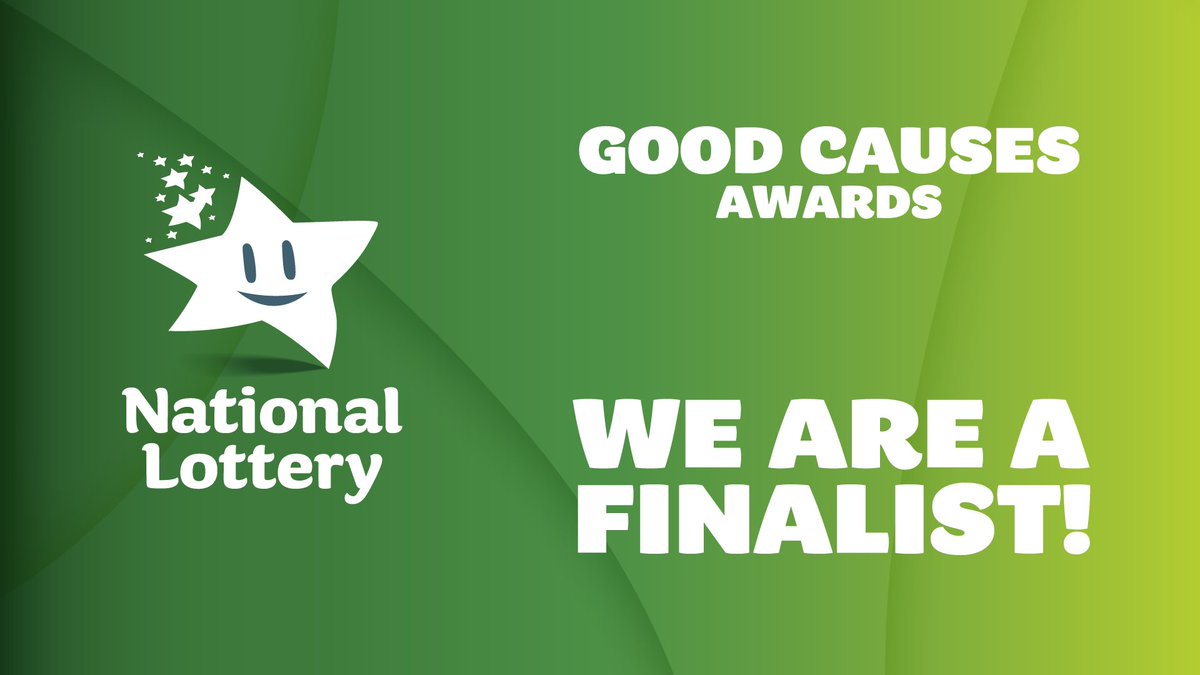The National Lottery is the state lottery of Republic of Ireland. It was created when the Republic of Ireland government passed the National Lottery Act, 1986 to help raise funds for good causes. The eligible causes are sport and recreation, health and welfare, national heritage and the arts, the Irish language, and the natural environment.
National Lottery gaming operations began on 23 March 1987 with scratchcards, and the flagship drawing game, Lotto, began in March 1988. The first draw took place on 16 April 1988. The National Lottery now operates three families of drawing games (Lotto, EuroMillions, and Daily Million), funds televised bingo and game shows, sells a wide range of scratchcards, and runs a number of Millionaire Raffles each year. National Lottery games are available online as well as through a network of over 3,700 retail agents nationwide.
By the end of 2013, the National Lottery had achieved over €12 billion in cumulative sales, had paid out €6.7 billion in prizes, and had raised €4.4 billion for the good causes it supports. In 2011, 2.2 million Irish people (64 percent of the adult population) reported playing National Lottery games, with 1.5 million (42 percent) reporting that they played weekly.
In 2013, due to a financial crisis that had left the Irish state running a large budget deficit, the Irish government agreed to sell the National Lottery licence for 20 years to a private operator, Premier Lotteries Ireland. The new operator took ownership of the licence on 27 February 2014. The government is receiving €405 million from the sale, some of which will finance the construction of a new National Children’s Hospital. In 2018 the format of the game was changed for the last time
